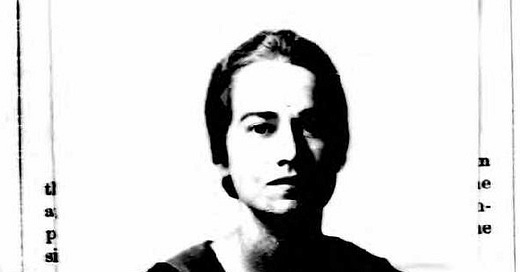Confession of a Feminist V
A serialized biography of Jane Grant (1892-1972), first woman reporter at The New York Times and co-founder of The New Yorker
Keep reading with a 7-day free trial
Subscribe to Study Marry Kill to keep reading this post and get 7 days of free access to the full post archives.




